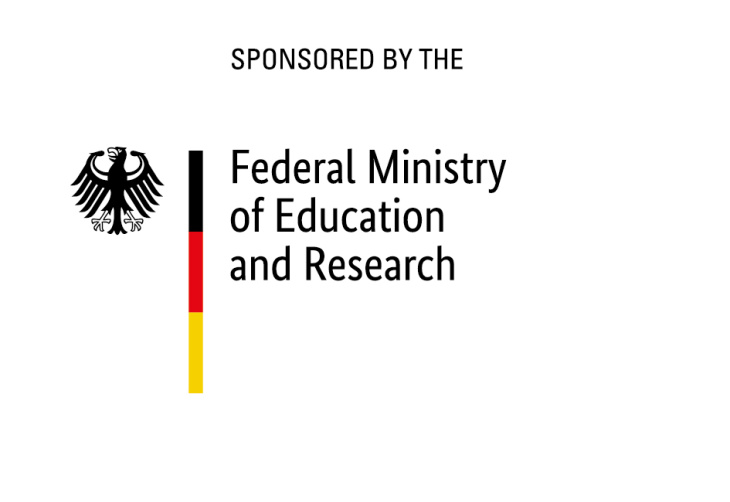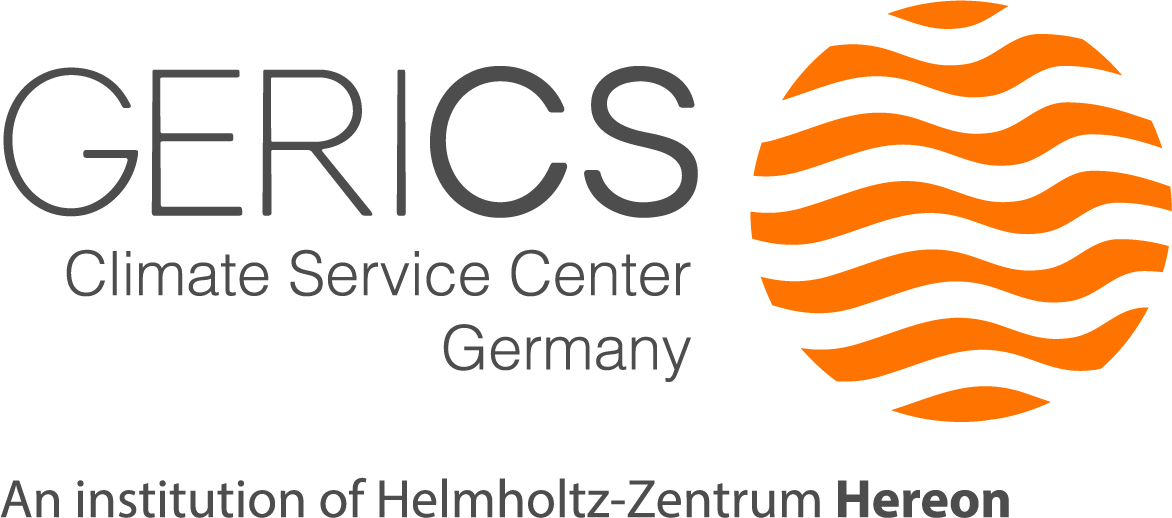
Water Risks and Resilience in Urban-Rural Areas in Southern Africa - Co-Production of Hydro-Climate Services for an Adaptive and Sustainable Disaster Risk Management (WaRisCo)
Southern Africa is a water stress hot spot, which under climate change is projected to become drastically warmer, and likely also drier, but with more extreme rainfall events in the east. The BMBF-funded project WaRisCo will analyse two of the major disaster risks that South Africa could face as a result of climate change:
1) the risk of an unprecedented long-duration ‘day-zero drought’ in its Gauteng Province, an event with potentially disastrous socio-economic and environmental impacts, and
2) the risk of mega-flooding in the rivers of the larger Durban region – such floods may be catastrophic in terms of the number of human lives lost.
WaRisCo is developing a novel and comprehensive hydrological modelling system that integrates current regional climate projections and explorative scenarios of land-use, land-management and land-cover change (LUMCC). This modelling system will then be used for the first time to generate probabilistic projections of how climate change and LUMCC could alter water security in the Integrated Vaal River System and the KwaZulu-Natal River System.
Working with key stakeholders, including the national Department of Water and Sanitation, and the National Disaster Management Centre, WaRisCo will support Disaster Risk Reduction (DRR) and climate change adaptation strategies in both the Gauteng Province and the Durban region. Specifically, WaRisCo will generate research outputs directly relevant to climate-smart DRR and long-term adaptation, and will strive for the uptake of these hydro-climate services in DRR and long-term adaptation, through a co-design process with key stakeholders who have the authority and mandate to implement the project’s recommendations. Our research methodology and implementation strategy will be designed to be transferable to other catchments in Southern Africa and beyond.
The project consists of the following work packages (WPs):
• WP1: Integrated hydrological model development
• WP2: Generating climate change projections at cloud permitting scale
• WP3: Development of explorative land use / management and cover changes scenarios
• WP4: Assessment of future hydro-climate hazards
• WP5: Co-design and co-development of DRR and adaptation strategies
• WP6: Capacity development
In the sub-project of GERICS, model-based analyses and assessments of possible future changes in precipitation events in the Vaal Dam catchment area (Gauteng Province) and in the KwaZulu-Natal river system of the Durban coastal region in South Africa will be carried out. For this purpose, novel and very high-resolution climate change projections will be generated with a non-hydrostatic regional climate model, and existing regional climate change projections generated with hydrostatic regional climate models for southern Africa will be used. The resulting data and knowledge will be integrated into the comprehensive hydrological modelling system to be developed by the project partners, which will combine novel scenarios for land use change and water management measures. Through its sub-project, GERICS will also contribute to the co-design and co-development of water and climate services for adapted and sustainable risk management.
Specifically, the hydrological projections generated with the modelling system will be used to develop plans to reduce the risk of extreme hydrological events and strategies to adapt to climate change. Key stakeholders and policy makers from the case study regions will be involved in this process from the outset to ensure that the plans and adaptation measures to be developed meet their needs. In addition, to ensure the transferability of the project to other river basins in Southern Africa and beyond, GERICS will develop a transfer concept together with the project partners and stakeholders.
The project consortium consists of the following partners: Department of Geography, Geographic Information Science (coordinator), Friedrich Schiller University Jena, Germany; Global Change Institute, University of the Witwatersrand, South Africa; Climate Service Center Germany (GERICS) / Helmholtz-Zentrum Hereon, Germany; Institute for Geosciences and Geography, Martin Luther University Halle-Wittenberg, Germany; SYDRO Consult GmbH, Germany; Motlole and Assiociates, South Africa; Agricultural Research Council, South Africa.
To the project website of WaRisCo

The Federal Ministry of Education and Research (BMBF) is funding the WaRisCo project as part of the "Water Security in Africa" (WASA) funding measure within the framework of the Federal Water Research Program "Wasser: N". Wasser: N contributes to the BMBF strategy "Research for Sustainability (FONA)”.



